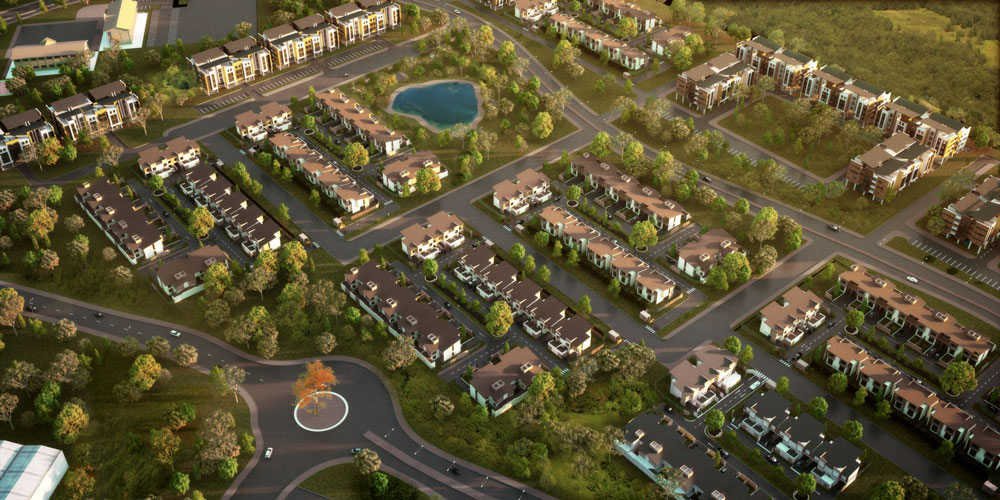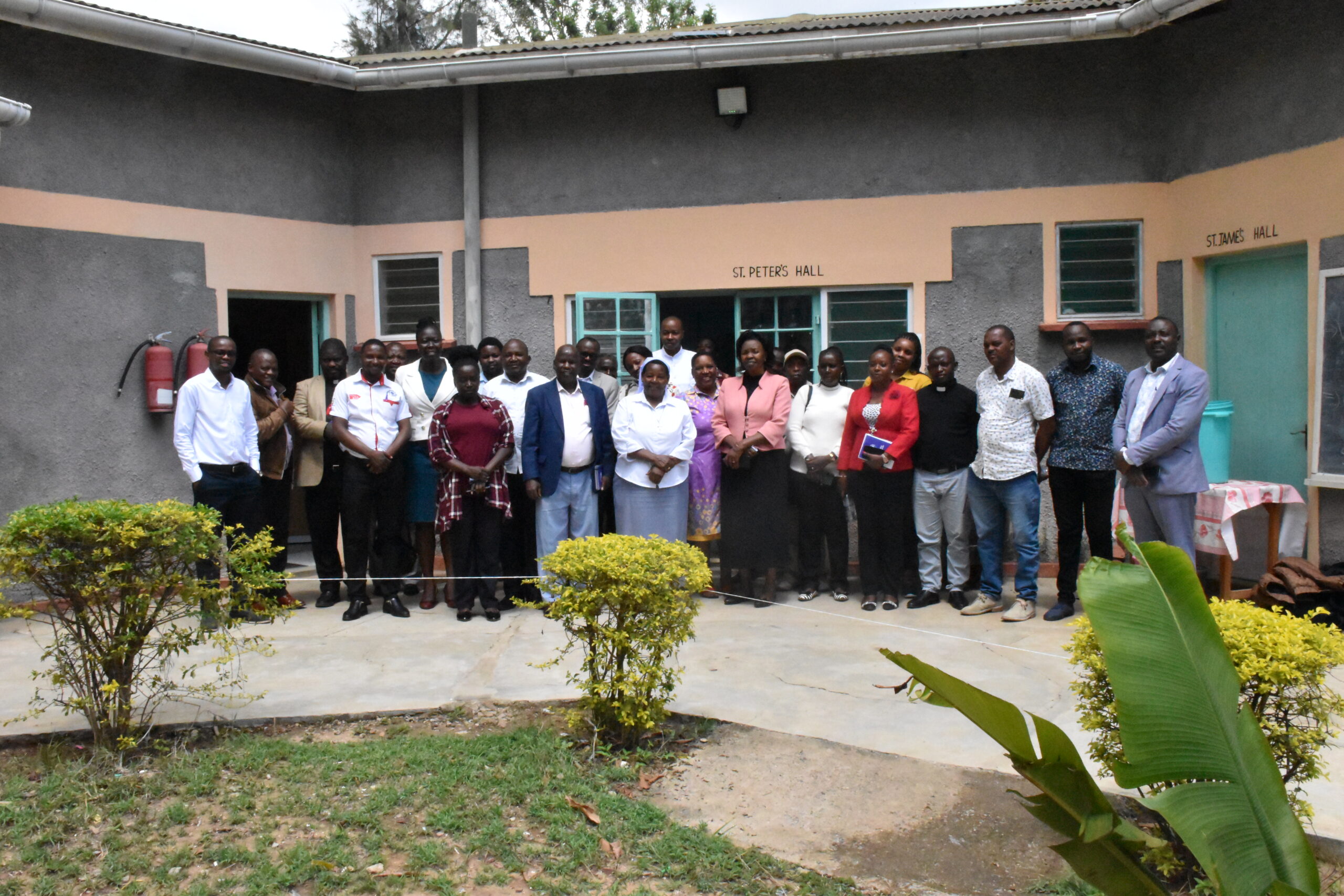By Clifford Akumu
A Property developer, Tilisi Developments has allayed fears of a downward trend in real estate uptake noting that ‘there is still a huge demand for affordable housing ranging from 2million to 5million.
Tilisi made the revelation during a multi-million shilling homes deal it inked with Chigwell Holdings that will see Chigwell put up more than 300 homes on the former’s industrial-cum-residential 400-acre mixed-use facility in Limuru.
“For very high end units, especially those beyond 20 million the demand is slowly decreasing. But generally, the sector continues to realise huge demand for affordable housing,” said Kavit Shah, joint CEO of Tilisi Developments during the event.
This comes on the backdrop of a recent Kenya National Bureau of Statistics (KNBS) data, covering the third quarter ended September 2018 that showed real estate recorded a growth of 5.8%, the slowest since the 5.4% registered in the fourth quarter of 2014.
A recent property market reports too, had also signaled a slump in demand despite increased supply of new housing units.

Mr. Shah noted that mega-cities such as Tilisi, Tatu CIty among others are poised to be a game changer in supporting the government’s big four agenda of affordable housing.
But the two firms, however, remained tight-lipped on the exact value of the deal, only noting that it was valued at more than Ksh. 1 billion.
Chigwell has bought 47 acres of the land that it plans to develop with middle-income homes, townhouses and villas.
An acre of residential land at the Limuru-based facility ranges between Ksh. 27million to Ksh. 36million, while the minimum land parcel for residential developers is five acres.
The City’s Phase II will now unlock over 120 acres consisting of residential, commercial, educational, medical and educational land in the master-planned city with state-of-the-art infrastructure.
“Developing on serviced land with complete infrastructure in place will deliver substantial savings enabling us to continue to offer superior housing at competitive pricing. In addition, with the expansion of Waiyaki Way to a six lane highway, we see Tilisi as a strategic location for our future developments,” said Palkesh Shah of Chigwell Developments Ltd.
Research by Smart Growth America shows that megacities save developers as much as 38% in upfront infrastructure costs.
Currently at the design stages of the project, Chigwell is optimistic it will roll out the homes into the markets in six months’ time.
According to the developer, master planned mega-cities are the next frontier of affordable housing in Kenya.
As one of Kenya’s largest master planned mega-cities, Tilisi also offers the inbuilt guarantee of proximity to schools, medical, shopping and office developments.
“Phase II opens a much wider array of selling activity for the city,” said Ranee Nanji, Co-CEO of Tilisi Developments Plc. “This next round of infrastructure is very exciting for us, and will involve infrastructure to our retail, educational, medical and recreational parcels.’
Nanji noted that the developer is keen on renewable energy and environmental conservation.
“We are developing five effluent treatment plants that will treat waste water for irrigation purposes. And on the other hand, we plan to look into the use of solar energy to enhance power back-up during blackout,” said Nanji adding that the facility will also have firefighting machines and ambulances in case of emergencies.
And as part of going green, the developer has planted 600 trees in the facility and is encouraging other buyers to take cue.
“The opportunity to create sophisticated and structured cities that achieve lower costs for developers and deliver beautiful and multifaceted environments for residents is now moving us into the decade of the African mega-city,” said Ranee.













